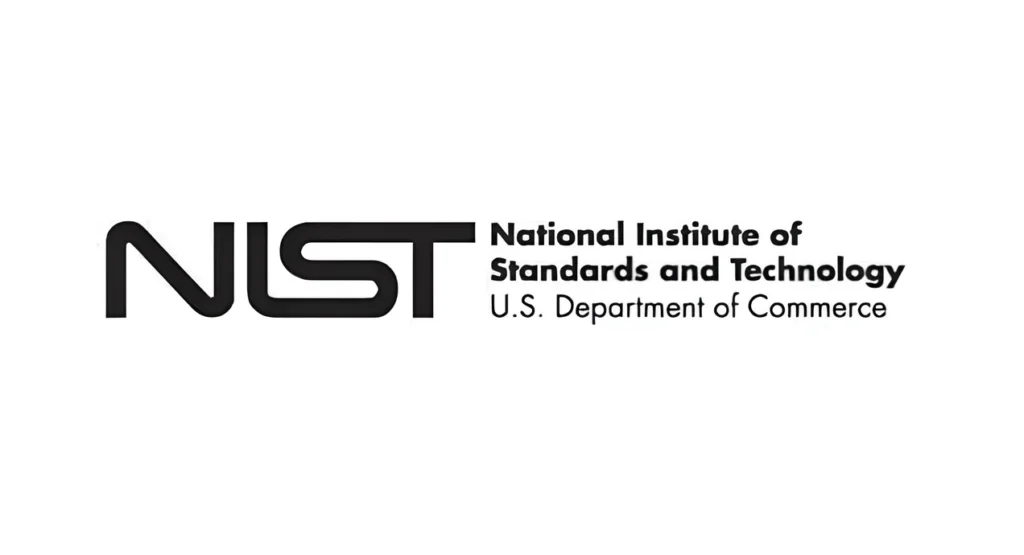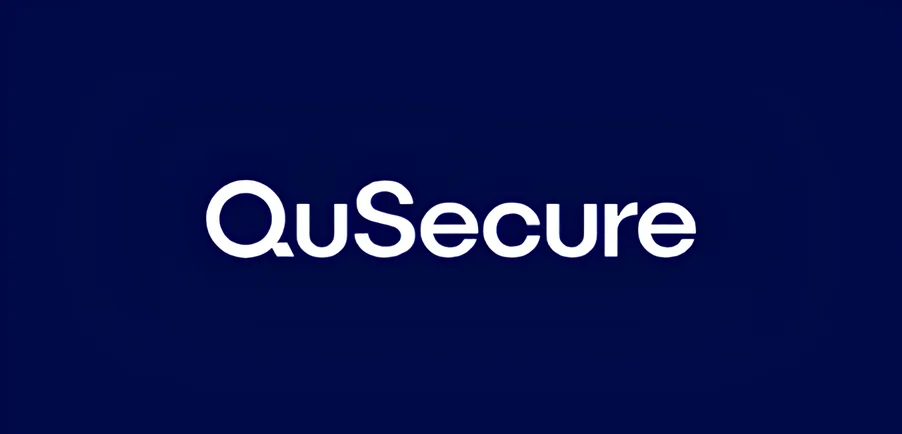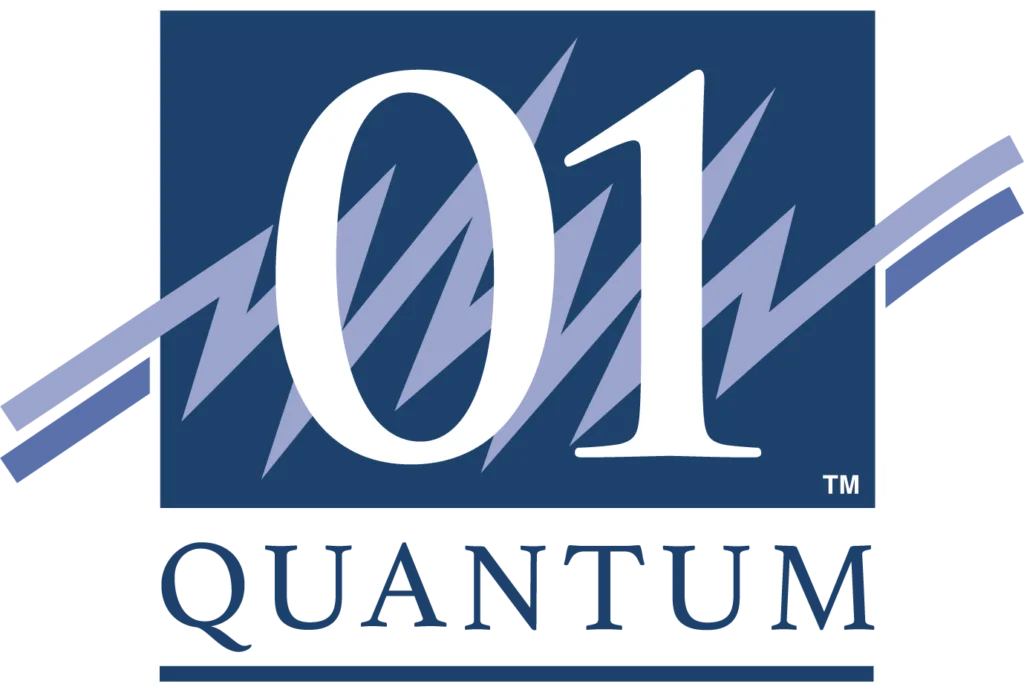
Photo by Macau Photo Agency on Unsplash
What are Quantum Variational Algorithms?
Quantum Variational Algorithms are algorithms inspired by the Variational Principle in Quantum Mechanics. They are algorithms with the purpose of approximating solutions to a given problem.
Of course each algorithm has it’s nuances but the basic principle behind all of them is the same:

- Prepare a parameterized circuit: This means a circuit where some of the gates have parameters that allow us to fine-tune their effect (i.e. the angle of a CX rotation).
- Do some measurements: This might include of course multiple measurements in different basis and all sort of other combinations as well.
These algorithms are most of the time (and I say “most” because my knowledge in the field is not too extensive) used in optimization problems. This means you usually encounter 2 other common steps:
- Calculate the cost of the solution given by your last run of the algorithm
- Classically optimize the parameters of your circuit so that you minimize / maximize your cost function. This second point is also the reason why very often this algorithms are also called “hybrid”. The optimization part happens outside of the quantum world.
Why are they Famous?
These algorithms are very famous because they usually exhibit a small number of gates and qubits (shallow circuits) which in turn means that are quite resistant to noise.
These algorithms also have shown to be applicable to a bunch of real world problems and are also present in a lot of the theory behind Quantum Machine Learning.
Some Examples
I am sure I am missing a lot of good examples but the list below shows what seems to be the 3 most well-known algorithms around the internet nowadays.
- VQE: The Variational Quantum Eigensolver is used to approximate the lowest energy level of a given Hamiltonian.
- QAOA: The Quantum Approximate Optimization Algorithm is mostly used for Combinatorial Optimization problems.
- QNNs: Quantum Neural Networks. Quantum analogues or generalizations of classical neural nets.
- VQLS: The Variational Quantum Linear Solver is used to solve systems of linear equations.
A Teenager in Love?
The problem that I personally have with these algorithms is that as I study them it really feels like teenager love from an adult’s perspective. You feel the excitement but it doesn’t feel genuine enough. Something tells me I still need to grow up to fully understand and appreciate the magic behind them. It’s a bit like trial and error on computational steroids. But this is what most the current Machine Learning techniques do as well-
I am looking forward to grow up and learn what true variational love means.
















